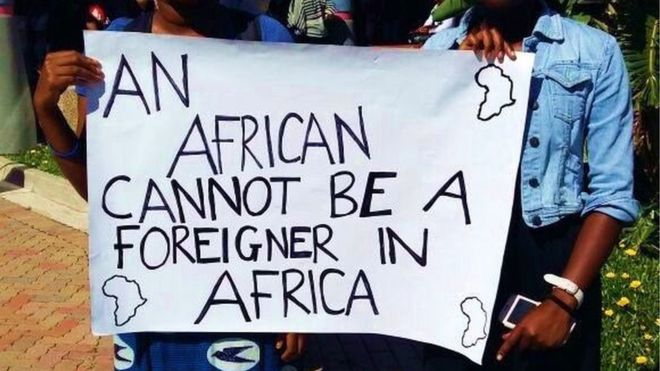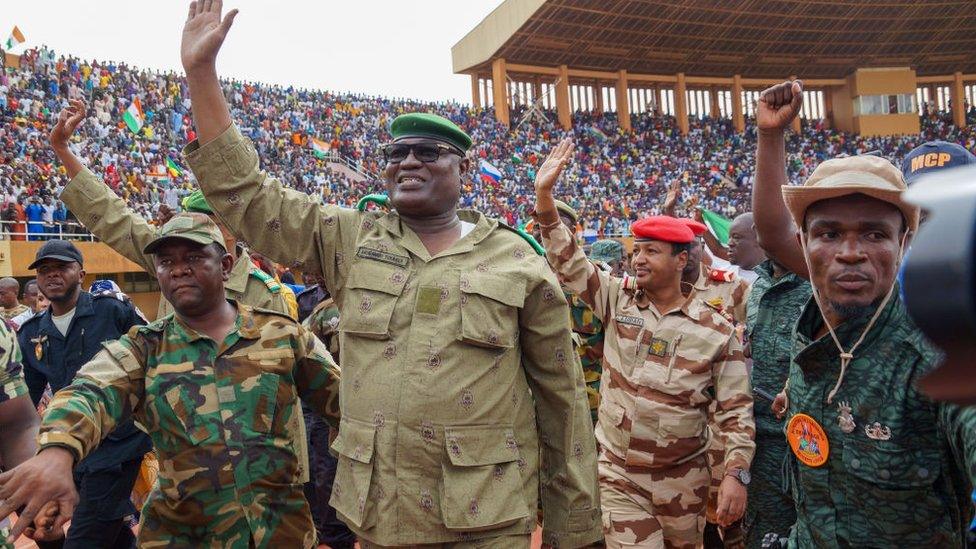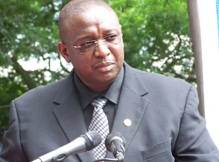The presidents of Rwanda, Democratic Republic of Congo and Malawi have decided not to attend the World Economic Forum on Africa hosted by South Africa in the face of ongoing looting and burning of small businesses in that country owned largely by African immigrants, local media reported on Wednesday.
The governments of Malawi and Rwanda are not attending World Economic Forum Africa meeting, a spokesperson from the forum confirmed.
Malawi is not attending the World Economic Forum taking place in Cape Town, South Africa from today September 4 -6 due to logistical challenges, Government Spokesperson Mark Bottomani has told press.
Bottoman refuted reports making rounds that Malawi has pulled out of the WEF in protest of xenophobic attacks taking place in South Africa.
“We are not represented at the forum because of logistical challenges and not because of xenophobia…on this we are engaging the South African government at diplomatic level” he said.
The chairman of the African Union Commission Moussa Faki Mahamat has condemned the attacks, which have seen scores of people arrested in Johannesburg and the capital Pretoria.
Nigerian President Muhammadu Buhari instructed his foreign affairs minister to summon South Africa’s high commissioner to Nigeria over the violence.
Some South Africans say they are retaliating against crime committed by foreigners and the sale of illicit goods by foreign shop owners, but political analysts say African immigrants have become scapegoats for rising anger over joblessness and general economic woes.
In a statement on Tuesday, the African Union Commission’s Faki called for “immediate steps to protect the lives of people and their property, ensure that all perpetrators are brought to account for their acts, and that justice be done to those who suffered economic and other losses.”
“The chairperson reiterates the African Union’s Commission continued commitment to support the South African government in addressing the root causes that led to these despicable acts, in order to promote peace and stability, within the framework of the African Union’s longstanding principles of continental solidarity,” his spokeswoman Ebba Kalondo said.




